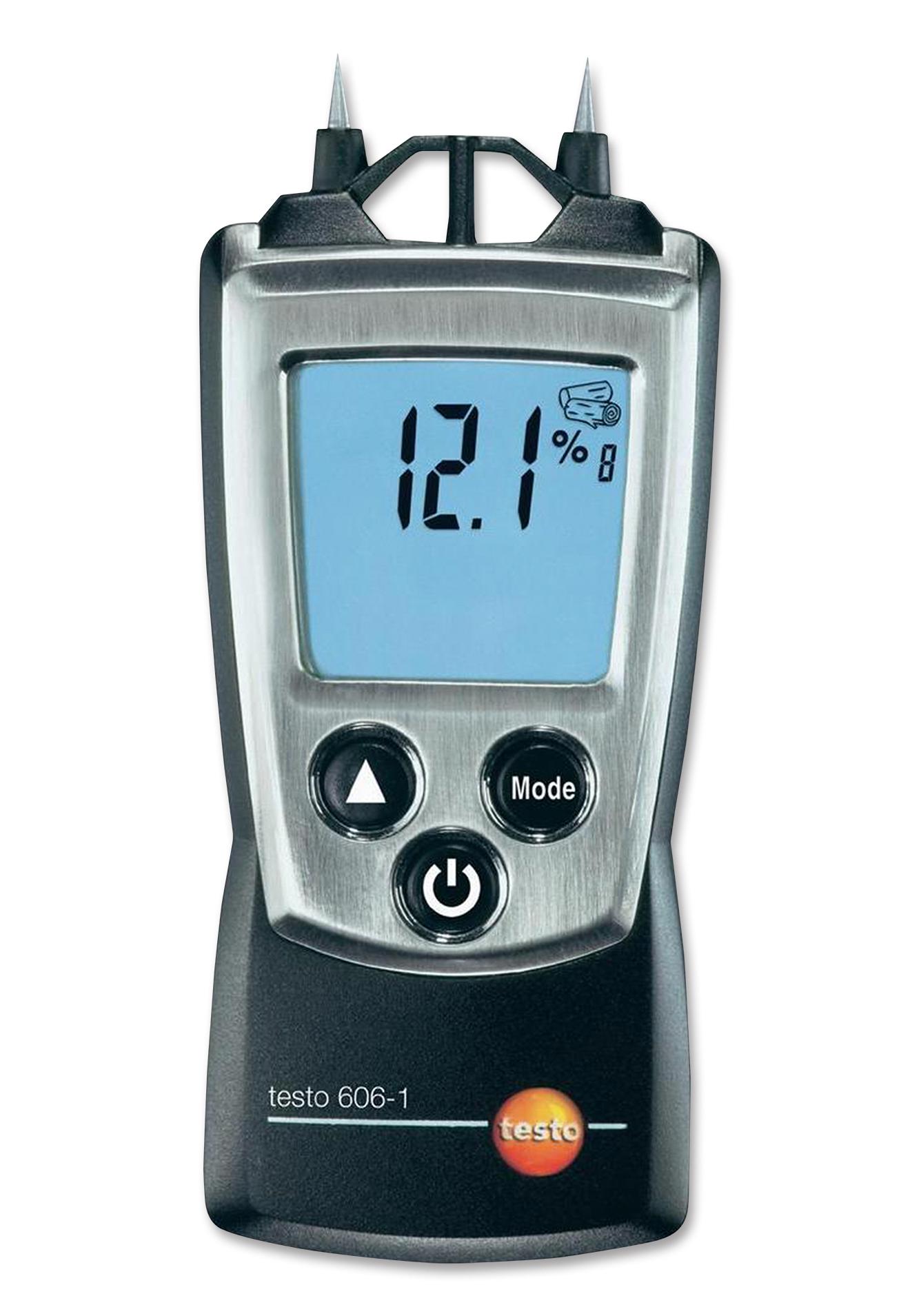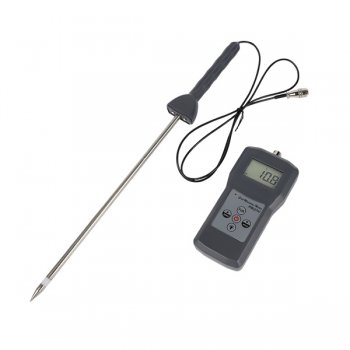The Science Behind Moisture Meters: Exactly How They Function and Why They're Essential
The Science Behind Moisture Meters: Exactly How They Function and Why They're Essential
Blog Article
The Ultimate Guide to Moisture Meters: A Comprehensive Summary and How They Can Save You Money
In the realm of building upkeep, construction, and numerous sectors, the importance of accurately measuring dampness degrees can not be overstated. Dampness meters function as crucial devices in discovering and keeping track of moisture web content in products, aiding in preventing costly damages and ensuring the top quality of items. Comprehending the nuances of different types of dampness meters, their applications, and the prospective cost-saving benefits they provide can be a game-changer for companies and professionals alike. Discovering how these devices can not just improve procedures however also add to economic savings is a trip worth starting.
Sorts Of Moisture Meters
One typical kind is the pin-type wetness meter, which determines the electrical resistance between two pins placed right into a material. Pinless dampness meters, on the various other hand, use electromagnetic sensor plates to check a larger location without creating damages to the product's surface area.
Moreover, there are additionally specialty moisture meters created for certain products like hay, grain, or soil. These meters offer precise moisture readings tailored to the distinct properties of the material being examined. Infrared moisture meters measure the thermal homes of a material to identify its dampness web content non-invasively, making them useful for applications where pin or pinless meters might not be suitable. Understanding the various sorts of wetness meters available can help industries pick the most appropriate device for their specific wetness dimension requirements.

Benefits of Utilizing Moisture Meters

Moreover, using dampness meters can result in increased power efficiency. By determining locations with high wetness degrees, such as leaks or inadequate insulation, modifications can be made to boost energy preservation and reduce energy expenses. In farming settings, wetness meters play an essential duty in enhancing crop yields by making it possible for farmers to keep track of dirt moisture degrees and make informed irrigation choices. Overall, the benefits of making use of wetness meters cover throughout various markets, giving cost-effective remedies and promoting better quality assurance techniques.
Exactly How to Select the Right Moisture Meter
Picking the ideal dampness meter entails taking into consideration essential aspects such as material compatibility, measurement range, and calibration accuracy. When picking a moisture meter, it's important to ensure that the meter appropriates for the details material you will be screening. Various products have published here varying electrical properties that can affect moisture analyses, so choosing a meter created for your material is critical for exact outcomes. Furthermore, take into consideration the dimension variety of the dampness meter. Ensure that the meter can find wetness levels within the variety needed for your applications. Calibration precision is one more vital element to remember (Moisture Meter). Choose for a moisture meter with dependable calibration to ensure consistent and specific analyses. Some meters may need periodic calibration changes, so understanding the calibration procedure is essential. By carefully reviewing these elements, you can pick a moisture meter that satisfies your needs and supplies accurate wetness dimensions for your tasks.
Correct Techniques for Moisture Meter Use
To ensure accurate dampness readings and take full advantage of the effectiveness of a dampness meter, utilizing proper techniques is important. When making use of a pin-type wetness meter, insert the pins or probes right into the product being evaluated until they make complete contact. By adhering to these proper strategies, individuals can rely on their wetness meter to check out here provide reliable dampness levels, assisting in stopping costly damage or ensuring top quality in various applications.

Price Cost Savings Via Moisture Meter Applications
Just how can the calculated utilization of dampness meters lead to considerable expense savings across numerous markets? In the farming market, dampness meters help in figuring out the optimal time for gathering plants, avoiding excess or over-drying wetness Click Here that can impact the last product's top quality.

Furthermore, in the food handling industry, moisture meters are essential for keeping track of product quality and ensuring conformity with safety regulations. By accurately gauging wetness material in food products, manufacturers can prevent spoilage, maintain quality, and minimize waste, resulting in significant price savings. Overall, the tactical application of moisture meters is a beneficial financial investment that can result in significant expense reductions and boosted performance across various markets.
Conclusion
In final thought, dampness meters are valuable tools for discovering and gauging dampness levels in various products. By making use of the appropriate dampness meter and following proper methods, individuals can properly prevent pricey problems created by excess moisture.
Dampness meters offer as essential tools in discovering and checking moisture web content in products, assisting in protecting against pricey problems and making sure the high quality of items. Infrared dampness meters gauge the thermal properties of a product to establish its wetness material non-invasively, making them helpful for applications where pin or pinless meters may not be suitable.Moisture meters supply important benefits in accurately keeping an eye on and evaluating moisture degrees in diverse products and atmospheres. In farming setups, wetness meters play an essential role in maximizing crop returns by allowing farmers to keep an eye on soil moisture degrees and make informed watering decisions.In verdict, moisture meters are important devices for identifying and determining moisture levels in various products.
Report this page